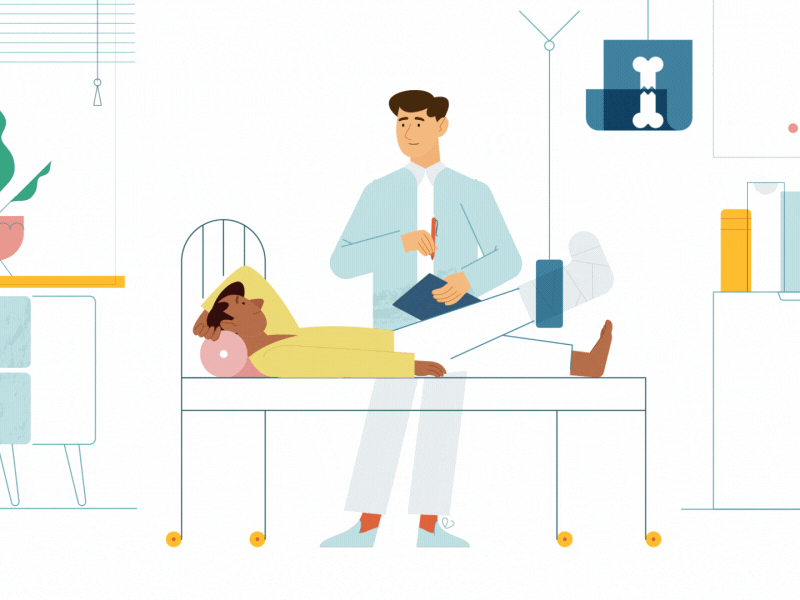The ripple effects of the COVID19 pandemic have been felt across industries at several levels. The healthcare industry wasn’t spared either, with essential healthcare workers moving to the frontlines to deal with the emergency. As a result, many organizations saw their back-end operations, such as appointment bookings and disbursement trackers, floundering.
However, there is a silver lining in this situation– it’s that technology has speedily been integrated into systems. Telehealth software has seen a surge in demand so as to prevent risks of exposure; healthcare disbursements are next on the list to be made easier.
Healthcare disbursements are traditionally tricky and convoluted processes; the pandemic has put further amounts of strain on the system and caused frustration, delays, and errors. However, machine learning in healthcare is a step forward in fixing disbursement delays.
Here’s how:
- Moving from Checks to Digital Disbursements
A majority of disbursement systems around the world rely heavily on cheques and other outdated methods. However, this has become a point of friction at this time considering courier services have shut down and deliveries are very delayed. In such a scenario, the use of digital reimbursement options, bolstered by machine learning, is tempting.
Providers can facilitate faster payouts through DTC (direct-to-consumer) payments. By shifting the process online, providers will also be able to keep track of all patient and consumer data on one server. Machine learning can be used to pull up the relevant information, create automated disbursement setups, and ensure the consumer receives their disbursement digitally. The reduced reliance on paper payment processes will lessen the load on healthcare finance systems as well as get disbursements out to the right people in a flash.
- Addressing Glitches in Systems
Several reports talk of misplaced cheques, incorrect deposit information, and several such kinks in telehealth and digital healthcare solutions being used today. Machine learning can be leveraged to iron out these kinks because, especially during a healthcare crisis, such errors can have a snowball effect on consumers and providers alike.
Providers who use machine learning systems to manage delays will be able to maintain strict records of past and future payouts. The system can be trained to collect the right deposit information as well as cross-verify with other records if required. The reliance on an automated system, in this case, equals to a lesser reliance on outdated methods of payout tracking.
- Simplify User Experience
Claiming payouts and processing them can become a nightmarish experience for both patients and healthcare providers alike. Machine learning systems effectively reduce quite a number of manual steps which, in turn, saves time, money, and efforts. Machine learning can be leveraged to extract critical information from healthcare contracts, estimate how much is owed, and prepare the right documentation in time for a payout.
For patients, too, the process of claiming payouts become simpler. They will no longer have to fill out a myriad of forms and move from office to counter over days. Instead, by automating certain processes from the providers’ ends, patients can be called in only to verify details if necessary and to provide any other physical documentation the healthcare provider may need.
Conclusion
The healthcare industry will most likely see a surge in the adoption of machine learning and artificial intelligence. This will be across the board– from handling disbursements to automating admissions and discharges. Therefore, students who are interested in pursuing an artificial intelligence career would do well to explore this niche and develop the right skillset for it.
You can do this by enrolling in a machine learning course that focuses on the healthcare system, or take on related projects that could leverage your portfolio when it comes to it. The current strains on healthcare providers worldwide have exposed significant cracks in the system that machine learning could most likely fix.








